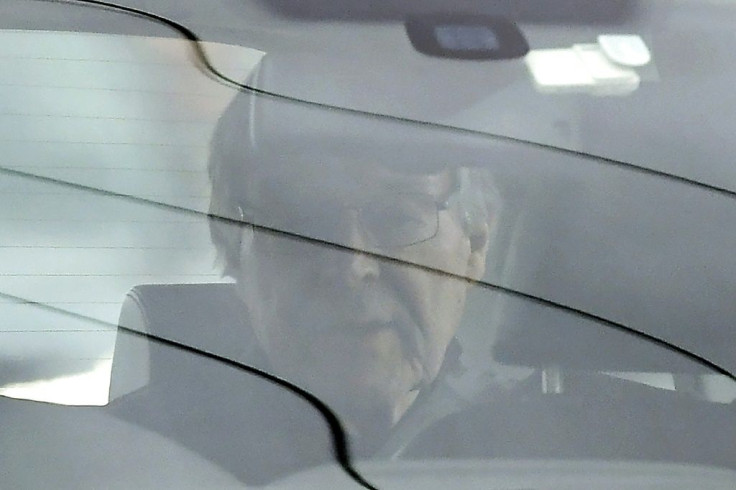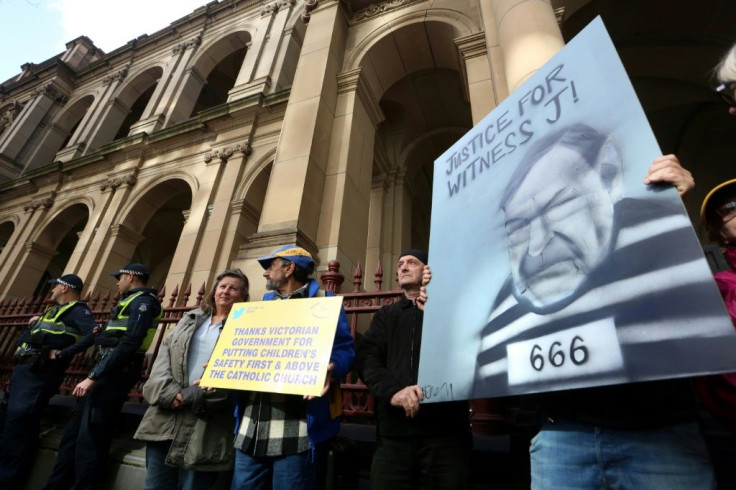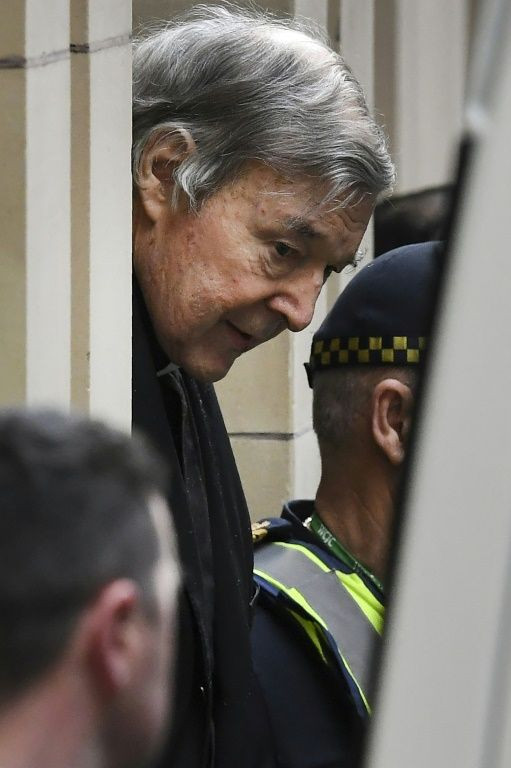Cardinal Pell: Parishioner, Prisoner And Divider Of Public Opinion

After 12 months in jail and years of fighting child abuse allegations, Cardinal George Pell won his freedom on Tuesday -- but the former Vatican treasurer will likely divide public opinion for the rest of his life.
Australia's High Court quashed his conviction for child sex abuse, bringing an end to the most high-profile paedophilia case faced by the Catholic Church.
The 78-year-old left Barwon Prison near Melbourne after the court overturned five counts of sexually abusing two 13-year-old choirboys in the 1990s.
Pell always denied the charges.
From his time as a priest in rural Australia to the Vatican's inner circle, Pell stood as a champion of Catholic orthodoxy.
At home, he was considered a religious and conservative hero with a tough stance on euthanasia and gay marriage, while rejecting climate science.
Conservative activist Andrew Bolt on Tuesday decried the "witch hunt" against Pell as one of the "greatest miscarriages of justice" in Australian history.
Former conservative Australian prime minister Tony Abbott previously called Pell "one of the greatest churchmen that Australia has seen".

But over the years Pell was the subject of multiple rumours and accusations of serious wrongdoing, and he fervently denied claims that he covered up abuse by priests in Victoria state where he worked.
"What a load of absolute, disgraceful rubbish," Pell told Australian police when they first interviewed him in Rome in late 2016 about the sexual assault of two choirboys in Melbourne's St Patrick's Cathedral when he was Archbishop of the diocese in the 1990s.
After being charged a few months later, Pell dismissed the allegations as "products of fantasy".
That reaction was in character for the cleric, an imposing and outspoken champion of conservative causes long accustomed to mingling with Australia's elite.

Born in June 1941, Pell grew up in Ballarat, a rural Australian gold rush town about 100 kilometres (60 miles) from Melbourne.
He was a keen member of his college debating team and a lead actor in school productions.
His devout Catholic mother was reportedly pleased that her son decided to pursue a career in the church, but his father, an Anglican, was bewildered he'd turned down a contract from one of the country's top Australian rules football teams.
Having chosen the religious path, Pell completed part of his studies in Rome before being ordained as a priest for the Ballarat diocese in 1966.
His star rose and he went on to become Archbishop of Melbourne and then of Sydney at the behest of Pope John Paul II.
In 2003 he was named to the Vatican's powerful College of Cardinals, a position that allowed him to vote in the conclaves that elected popes Benedict and Francis.
In 2014, he was handpicked by Pope Francis to run the Vatican's finances, viewed as the third-most powerful position in the church.
From the pulpit, and publicly, Pell espoused traditional Catholic values.
His star faded somewhat, however, following a national inquiry into alleged child sex abuse by Catholic priests in Australia between 1950 and 2010.
The inquiry heard that there were 4,444 alleged victims of paedophilia, and in some dioceses more than 15 percent of priests were perpetrators.
Repeatedly questioned during hearings about paedophile priests in the Ballarat diocese in the 1970s and 80s, Pell apologised on behalf of the church but insisted he had no memory of claims of sustained mistreatment.
He did, however, admit he "mucked up" in dealing with paedophile priests in the 1970s, but said he was deceived by senior clergy about what was happening during a time of "crimes and cover-ups".
© Copyright AFP {{Year}}. All rights reserved.





















